Courses Taught by Melissa Beck
EPID604: Applications Of Epidemiology
- Graduate level
- Residential
- Fall, Winter, Spring, Spring-Summer, Summer term(s) for residential students;
- 1-6 credit hour(s) for residential students;
- Instructor(s): Ella August, James Buskiewicz, Sara Adar, Matthew Boulton, Andrew Brouwer, Melissa Beck, Kelly Bakulski, Miatta Buxton, Joseph Eisenberg, Marisa Eisenberg, Nancy Fleischer, Betsy Foxman, Aubree Gordon, Alexis Handal, Jennifer Head, Jihyoun Jeon, Spruha Joshi, Sharon Kardia, Carrie Karvonen-Gutierrez, Lindsay Kobayashi, Peter Larson, Aleda Leis, Elizabeth Levin-Sparenberg, Lynda Lisabeth, Juan Marquez, Emily Martin, Briana Mezuk, Alison Mondul, Lewis Morgenstern, Belinda Needham, Marie O'Neill, Sung Kyun Park, C. Leigh Pearce, Laura Power, Alex Rickard, Jennifer Smith, Eduardo Villamor, Abram Wagner, Xin Wang, Douglas Wiebe, Zhenhua Yang, Jonathan Zelner, (Residential);
- Prerequisites: Instructor Permission
- Description: Application of epidemiological methods and concepts to analysis of data from epidemiological, clinical or laboratory studies. Introduction to independent research and scientific writing under faculty guidance.
- This course is cross-listed with .
- Syllabus for EPID604





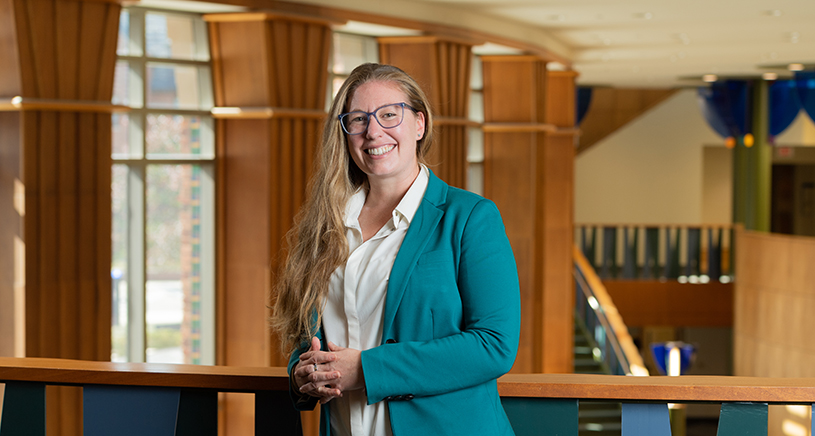











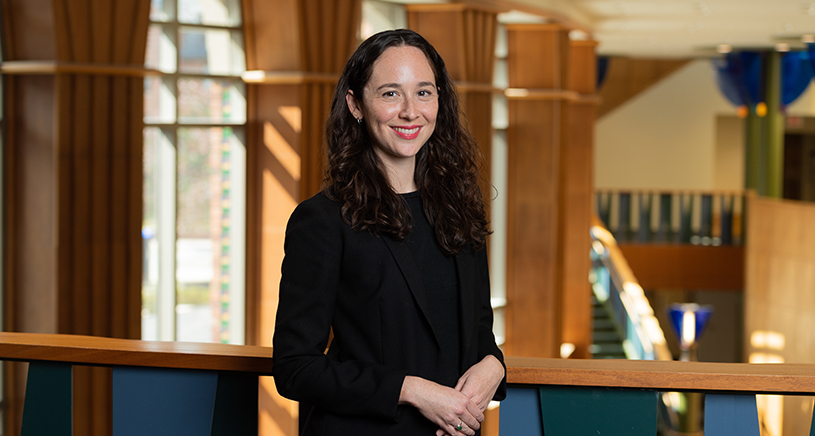
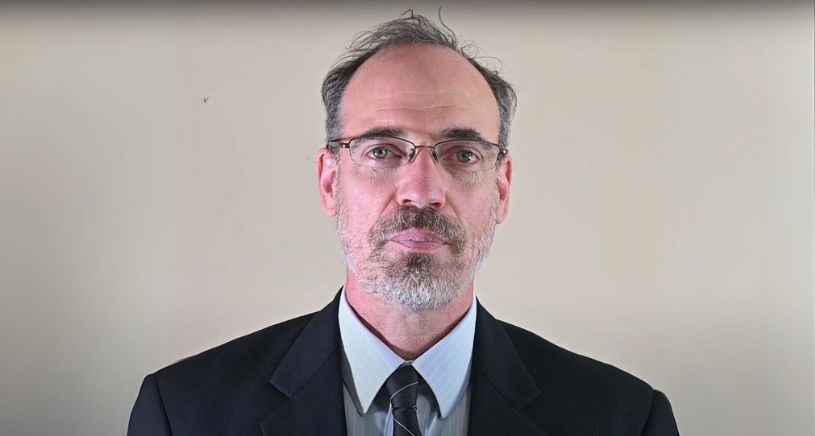


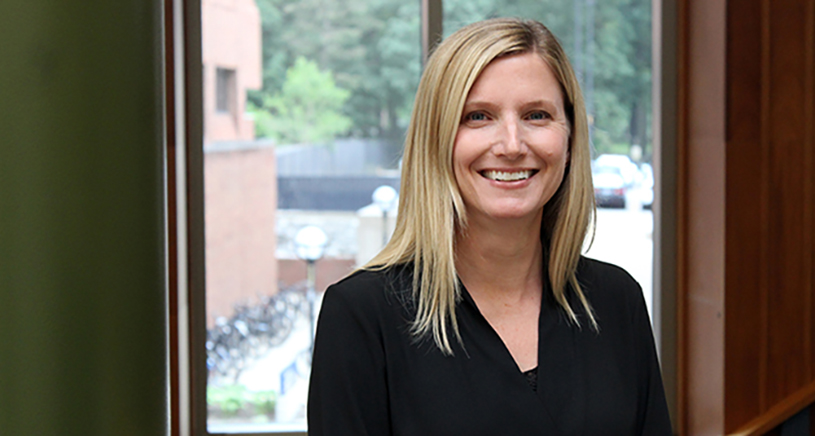
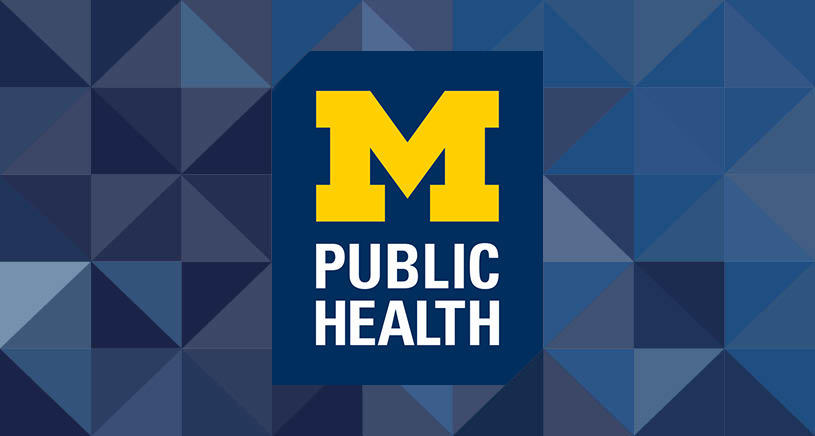

















EPID681: Hospital Epidemiolgy II
- Graduate level
- Residential
- Fall term(s) for residential students;
- 3 credit hour(s) for residential students;
- Instructor(s): Melissa Beck (Residential);
- Offered Every Fall
- Prerequisites: EPID680
- Description: This course will provide skill in use of surveillance techniques for HAIs, concepts of asepsis, disinfection and sterilization evaluation. Students will have opportunities to work through real-life experiences in infection control, including communicable disease exposures, outbreak investigation, biodisaster exercises, risk assessment in the healthcare setting and infections in special populations.
- Syllabus for EPID681
PUBHLTH407: Links between Infectious and Non-Communicable Diseases
- Undergraduate level
- Residential
- Winter term(s) for residential students;
- 3 credit hour(s) for residential students;
- Instructor(s): Melissa Beck (Residential);
- Prerequisites: PUBHLTH370 (or equivalent)
- Advisory Prerequisites: an introductory microbiology and immunology course or an introductory infectious disease course and an introductory non-communicable disease course.
- Description: This course introduces the students to the etiology, pathogenesis, and the evolution of epidemiology of major infectious and non-communicable diseases. It discusses the links between major infectious and non-communicable diseases, including epidemiological evidence, the underlying mechanisms, and their public health implications.
- Learning Objectives: 1. Gain an understanding of the international statistical classification of diseases and related health problems. 2. Describe the etiology, history, pathogenesis, and evolution of major infectious and non-infectious diseases in different populations. 3. Review epidemiological evidence for links between major infectious and non-communicable diseases 4. Identify methodologies required for studying links between infectious and non-communicable diseases and for exploring the underlying mechanisms of such links. 5. Discuss the public health implications of epidemiological transitions of human diseases and the infectious and non-communicable disease links.
- Syllabus for PUBHLTH407
